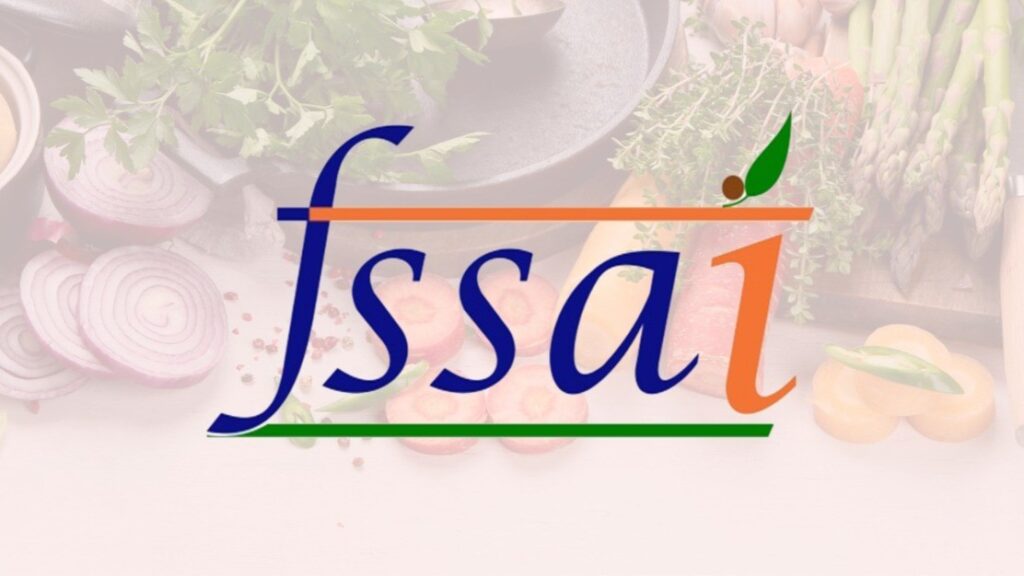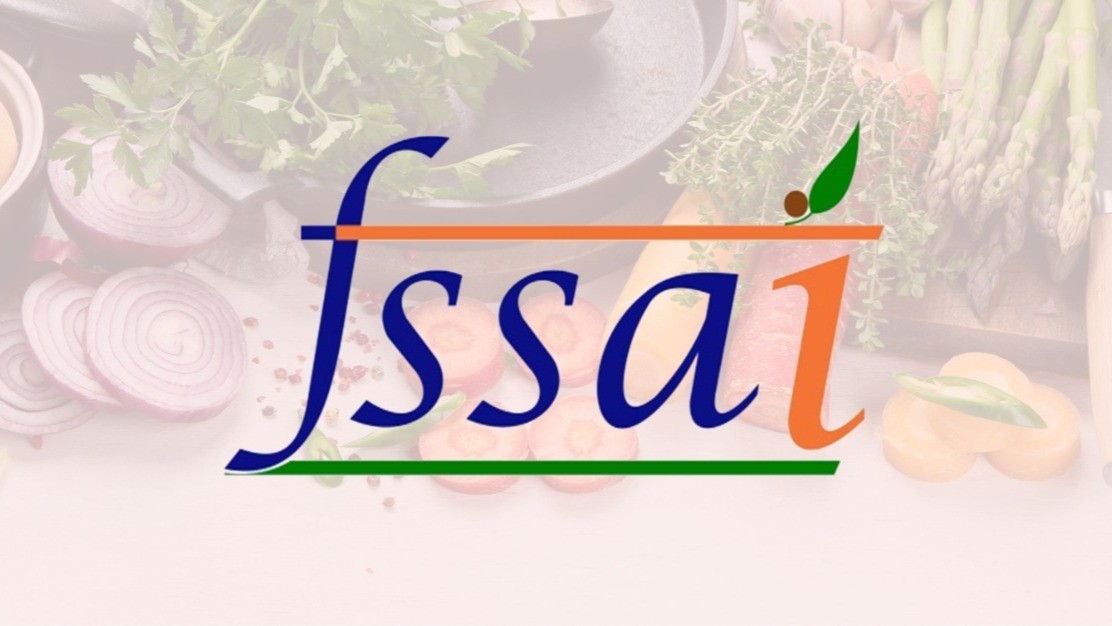
The Food Safety and Standards Authority of India (FSSAI) has yet to finalize regulations mandating nutrition warning labels on packaged foods, a move that has been under discussion for several years. The proposal, aimed at curbing lifestyle-related diseases by alerting consumers to high levels of sugar, salt, and fat in packaged items, remains stalled despite growing health concerns.
Public health experts and consumer advocacy groups have repeatedly urged the introduction of Front-of-Pack (FoP) labelling, arguing that it would empower buyers to make more informed choices. Countries such as Chile, Mexico, and Brazil already enforce strict labelling norms, and studies have shown positive impacts on consumer awareness and healthier purchasing behavior.
Industry representatives, however, remain divided. While some large companies support clearer nutritional disclosures to build consumer trust, smaller manufacturers have raised concerns about compliance costs and supply chain disruptions. They argue that India’s diverse food sector, dominated by small-scale producers, requires phased implementation and government support to transition smoothly.
The absence of binding rules has raised questions about FSSAI’s regulatory priorities, especially given the rising burden of obesity, diabetes, and hypertension in India. According to experts, timely adoption of clear, visible warning labels could play a critical role in reducing long-term healthcare costs.
Key Highlights
FSSAI has not yet notified rules for nutrition warning labels on packaged foods.
Public health experts demand Front-of-Pack labelling to fight rising lifestyle diseases.
Industry divided: large firms supportive, small producers cautious about costs.
Countries like Chile and Mexico already enforce successful models.
Delay raises concerns amid India’s growing health crisis.
Who Should Take Action – Specific Advice
Consumers should stay alert by reading existing nutrition charts carefully before purchase. Policymakers need to expedite the rollout of FoP norms while designing incentives for small manufacturers. Food companies should prepare in advance by adopting voluntary labelling to build consumer trust.
India Advocacy Insight
The prolonged delay in implementing nutrition warning labels signals a regulatory gap that could affect public health outcomes. At India Advocacy, we stress that balanced reforms—prioritizing both consumer health and industry preparedness—are essential. India cannot afford further delays in adopting global best practices for food safety and transparency.
![]()




